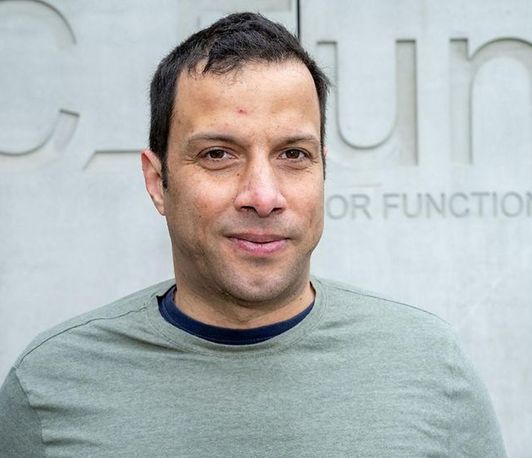From Data to Discovery: Harnessing AI in Medicine for Improved Patient Care
Institutskolloquium
- Datum: 22.09.2023
- Uhrzeit: 10:30 - 12:00
- Vortragender: Prof. Lars Kaderali
- Prof. Koderali is a director of the Institute for Bioinformatics at Greifswald University. He made his master in computer science in the University of Cologne in 2001 and got his PhD from the same university in bioinformatics in 2006. He worked in Heidelberg and Dresden before acquiring a chair of bioinformatics in Greifswald in 2015. He serves as an editor in PLoS one and a chief editor in Frontiers in Virology. He was a member of the expert council in COVID-19of the German Federal Chancellor.
- Ort: IPP Greifswald
- Raum: Günter-Grieger-Lecture Hall (Greifswald)
- Gastgeber: IPP
- Kontakt: dmitry.moseev@ipp.mpg.de

The healthcare system in Germany and other western countries is faced
with significant challenges as the population ages and the prevalence of
complex diseases rises, while the number of healthcare professionals
available to treat and care for patients dwindles. In this talk, I
explore the transformative potential of Artificial Intelligence (AI) in
addressing this situation. I will show several examples on how AI can
help in medicine, from basic research to improved prevention, diagnosis
and treatment. Greifswald University is well known for the Study of
Health in Pomerania, a comprehensive epidemiological study with the
largest examination program worldwide, and with over 25 years of
follow-up available. This data set provides a rich foundation for
exploring AI's role in identifying risk factors for common diseases. I
will show an example of how we use regularized Bayesian networks in
unraveling intricate interactions between these risk factors and their
link with disease. In a second example, I will show how machine learning
approaches can help to understand ageing. By developing and analyzing
age clocks that are trained on molecular data, we showcase how AI can
unravel the complex mechanisms underlying aging and its associated
diseases. Furthermore, I show examples of our work in predicting therapy
outcome in cancer patients, shedding light on personalized medicine's
potential.